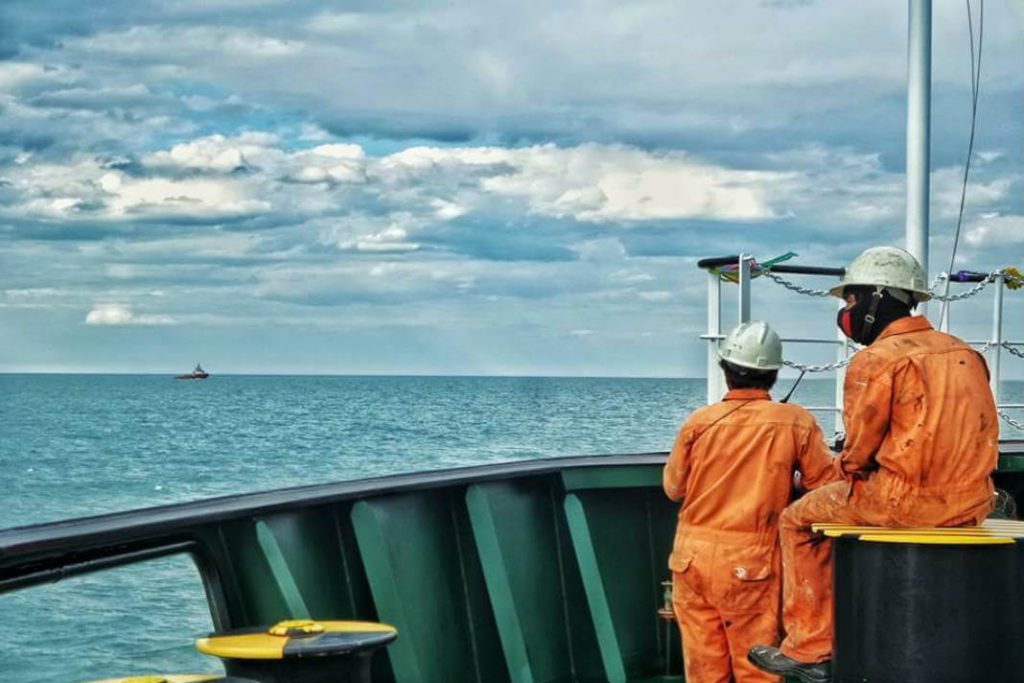The Maritime Labour Convention of 2006 (MLC), lauded globally as a cornerstone of seafarers’ rights, has paradoxically become a source of hardship for Nigerian seafarers. While designed to establish minimum working and living standards, its implementation in Nigeria has been plagued by issues, primarily stemming from the government’s failure to adapt the convention to the specific context of the Nigerian maritime industry. This disconnect between international standards and local realities has created a system where Nigerian seafarers are often treated like their international counterparts, expected to endure extended periods offshore without the benefits and protections afforded to those working under more established maritime regimes.
The core issue lies in the discrepancy between the MLC’s provisions and the precarious nature of employment for Nigerian seafarers. The convention, while guaranteeing rights like regulated work hours, paid leave, and medical care, is predicated on a model of continuous employment. However, the reality for many Nigerian seafarers is one of intermittent contracts and extended periods of unemployment. This translates to a situation where these crucial benefits are only accessible during the limited periods they are actively onboard a vessel. Once offshore, they are left without income, healthcare, or social security, creating a cycle of vulnerability and financial insecurity.
The problem is further exacerbated by the practices of International Oil Companies (IOCs) operating within Nigerian waters. These companies, according to industry experts, often undercut prevailing market rates for vessel chartering and crew wages. This downward pressure on costs compels shipowners to compromise on crew welfare, creating a race to the bottom where seafarers are forced to accept lower wages and substandard working conditions just to secure employment. This creates a conflict between the ideals of the MLC and the economic realities faced by both shipowners and seafarers in the Nigerian maritime sector.
The inadequate implementation of the MLC in Nigeria has created a paradoxical situation where the very convention intended to uplift seafarers has inadvertently contributed to their hardship. The government’s failure to consider the unique challenges faced by Nigerian seafarers during the implementation process has led to a system where the benefits of the convention are largely inaccessible to those it is meant to protect. This underscores the critical need for a thorough review and revision of the implementation strategy, taking into account the specific needs and circumstances of the Nigerian maritime industry and its workforce.
A potential solution lies in establishing a comprehensive database of Nigerian seafarers, enabling authorities to track employment status and ensure compliance with the MLC’s provisions. This database could serve as a platform for monitoring working conditions, facilitating access to social security benefits during periods of unemployment, and connecting seafarers with available job opportunities. Furthermore, the government must engage in robust negotiations with IOCs to ensure fair compensation for Nigerian seafarers and discourage the practice of undercutting prevailing market rates. This will require a concerted effort to strengthen the bargaining power of Nigerian maritime workers and create a level playing field within the industry.
Ultimately, the success of the MLC in Nigeria hinges on a collaborative approach involving the government, shipowners, seafarers’ unions, and IOCs. A comprehensive review of the current implementation strategy, coupled with the establishment of a national seafarer database and robust engagement with IOCs, can pave the way for a more equitable and sustainable maritime sector. This will ensure that the MLC truly serves its intended purpose: to safeguard the rights and welfare of Nigerian seafarers and contribute to the overall development of the nation’s maritime industry. Only through such a collaborative and context-specific approach can the promise of the MLC be realized for Nigerian seafarers.














